Jan 6 Riots
Supreme Court Reviews DOJ’s Application of Law in Jan. 6 Riot Cases
In a pivotal session, the Supreme Court heard arguments regarding the Department of Justice’s (DOJ) utilization of a specific law in charging individuals involved in the January 6 Capitol riot.
In a pivotal session, the Supreme Court heard arguments regarding the Department of Justice’s (DOJ) utilization of a specific law in charging individuals involved in the January 6 Capitol riot. The outcome of this hearing holds significant implications for the legal framework surrounding the prosecution of those implicated in the unprecedented breach of the Capitol building.
At the heart of the debate is the application of the federal obstruction law, specifically Section 1512(c)(2), which pertains to the destruction of government records during the commission of certain crimes. Prosecutors have invoked this statute in a number of cases related to the Capitol riot, alleging that rioters’ actions constituted an attempt to obstruct the certification of the presidential election results.
“The outcome of this hearing is eagerly anticipated by legal experts, lawmakers, and the public alike.”
During oral arguments, attorneys representing both sides presented their respective positions on the interpretation and application of the law. The justices grilled counsel on issues ranging from the scope of the statute to its constitutional implications, delving into the complexities of criminal law and prosecutorial discretion.
The Supreme Court’s decision in this matter has far-reaching ramifications for the ongoing prosecutions stemming from the January 6 insurrection, as well as broader implications for the DOJ’s authority to pursue charges in similar cases in the future. The outcome of this hearing is eagerly anticipated by legal experts, lawmakers, and the public alike, as it has the potential to shape the contours of criminal liability in cases of political violence and civil unrest.
As the justices deliberate on the legal issues at hand, the nation watches closely, awaiting clarity on the appropriate legal framework for holding individuals accountable for their actions during one of the darkest days in American democracy. The Supreme Court’s ruling will not only impact the trajectory of individual cases but also serve as a precedent-setting decision with profound implications for the rule of law and the sanctity of democratic institutions.

-
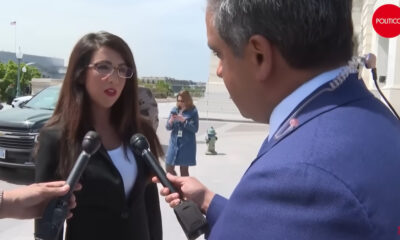
 Congress1 week ago
Congress1 week agoGOP Lawmakers Clash Over Senator Johnson’s Handling of Foreign Aid Package
-

 Business1 week ago
Business1 week agoNew Federal Rules Unveiled to Crack Down on Airline ‘Junk Fees’
-
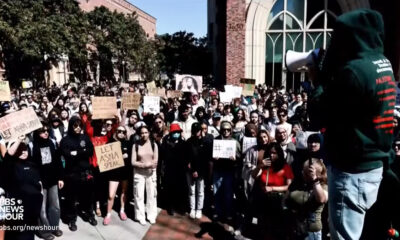
 Campus Safety2 weeks ago
Campus Safety2 weeks agoColleges Struggle with Allowing Protests and Preventing Antisemitism and Intimidation
-

 Boeing Whistleblower3 weeks ago
Boeing Whistleblower3 weeks agoSenate Homeland Security Committee Grills Boeing Whistleblower in Testimony
-
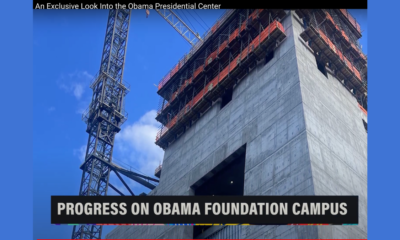
 President2 weeks ago
President2 weeks agoTake a Look Into the Obama Presidential Center
-
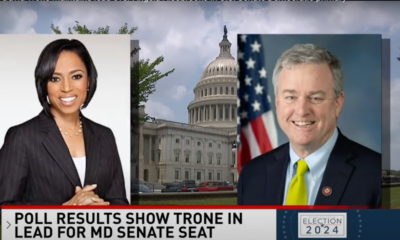
 Congress2 weeks ago
Congress2 weeks agoPoll: David Trone maintains lead over Angela Alsobrooks in U.S. Senate Democratic primary
-
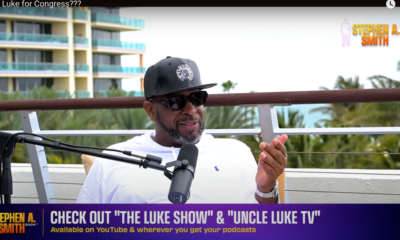
 Congress2 weeks ago
Congress2 weeks agoUncle Luke for Congress???
-
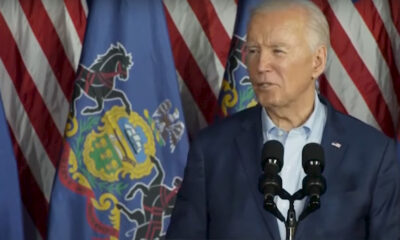
 Politics2 weeks ago
Politics2 weeks agoBiden Injects Humor as Trump’s Hush Money Trial Begins



